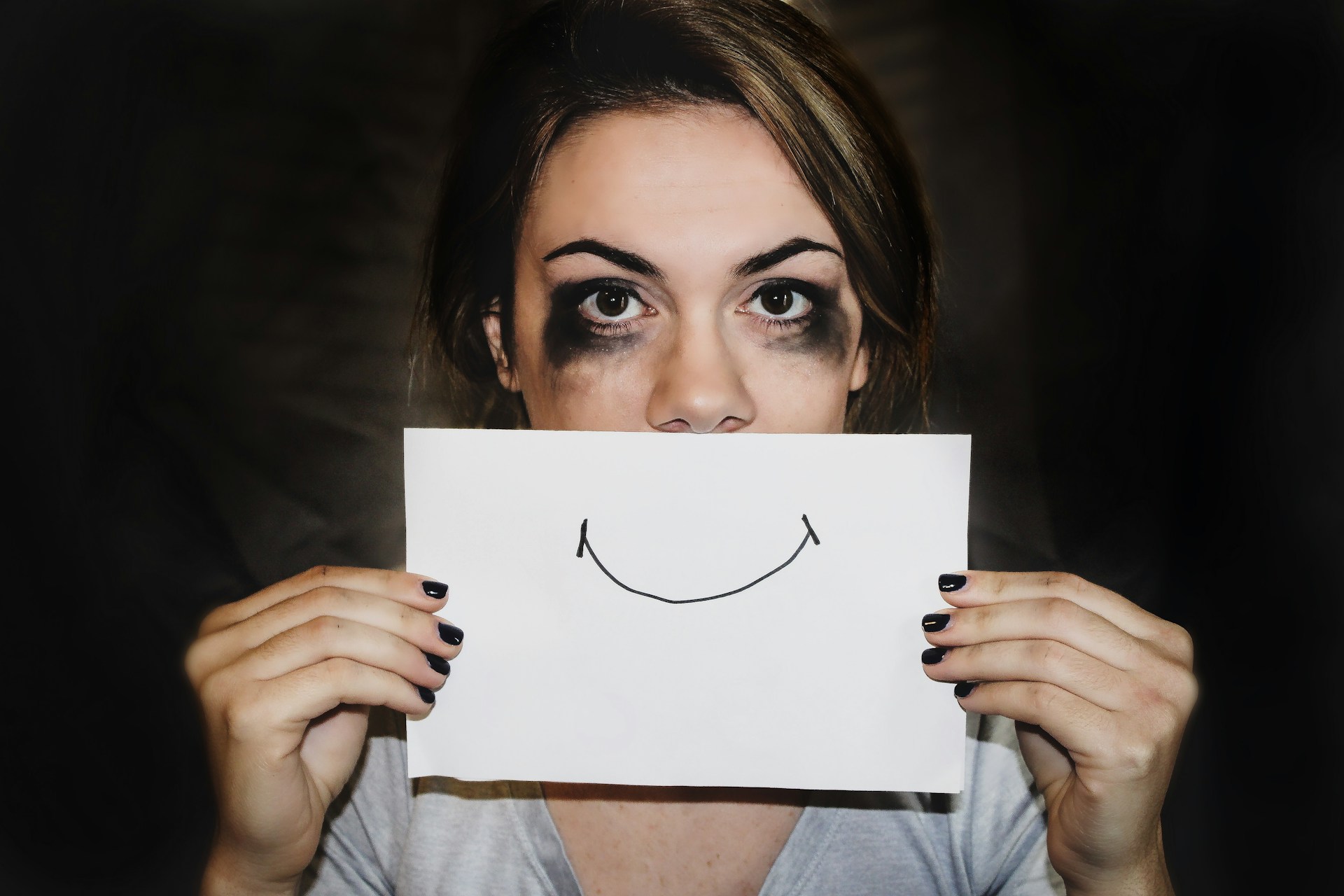
Mental Health & Self-Improvement
Recognizing the Signs and Reclaiming Peace
MENTAL HEALTHSELF-IMPROVEMENT
Emmanuel Fiallo, Founder & CEO at Fortis Syndesis Studios LLC
7/10/20252 min read
Mental health isn’t just about crisis—it’s about noticing when something feels “off” and taking action before it gets worse. For many people today, stress, anxiety, trauma, and burnout creep in silently. Left unchecked, they affect our energy, relationships, work, and even physical health. Recognizing the symptoms of poor mental health is the first step toward healing and building a better version of ourselves.
Signs Something May Be Wrong
Mental health issues often show up in subtle ways. You might notice constant fatigue even after sleeping, feel emotionally numb or overly reactive, or lose interest in things you once enjoyed. Difficulty focusing, trouble sleeping, withdrawing from others, or using food, alcohol, or screen time to cope can also be red flags.
For some, deeper issues like trauma may lead to intrusive thoughts, panic attacks, low self-worth, or ongoing anxiety. Burnout, particularly from work or caregiving, can present as emotional exhaustion, irritability, or a sense of being trapped. These are not just “bad days”—they are signals that your mind and body need care.
What You Can Do
The first and most important step is acknowledgment. If you notice these patterns, don’t minimize or ignore them. Mental health struggles are valid and deserve attention, just like physical illnesses do.
Talking to someone you trust is a good starting point. Friends, family, or support groups can provide a sense of relief. For long-term healing, therapy is often essential. It can help unpack trauma, teach coping skills, and reframe destructive thinking. While therapy access isn’t always easy, affordable options are growing—online therapy platforms, community clinics, and even some workplaces offer support.
Recovering from Burnout and Choosing a Softer Life
Burnout recovery involves rest and realignment. It’s more than just taking a weekend off—it’s about asking deeper questions: Am I overextending myself? Do I set boundaries? Do I allow myself to slow down?
This is where the “soft life” movement comes in. It’s about choosing peace over pressure and healing over hustle. Slow living, journaling, saying no without guilt, and making time for stillness can all help restore balance. You don’t have to earn rest—you deserve it simply because you’re human.
Discipline, Mindfulness, and Wellness as Maintenance
Healing isn’t a one-time fix. That’s where structure and routine come in. Stoicism teaches us to focus only on what we can control, and mindfulness helps us stay grounded in the present. Together, they build emotional resilience.
Simple wellness routines—like consistent sleep, hydration, movement, and digital breaks—can greatly improve mental clarity. Discipline isn’t harshness—it’s self-respect.
Mental health matters. If something doesn’t feel right, trust yourself enough to look deeper. Healing isn’t always easy, but it is possible—with awareness, support, and consistent care. Whether through therapy, journaling, mindfulness, or simply slowing down, you have options. You’re not alone—and you’re worth the effort it takes to feel whole again.


